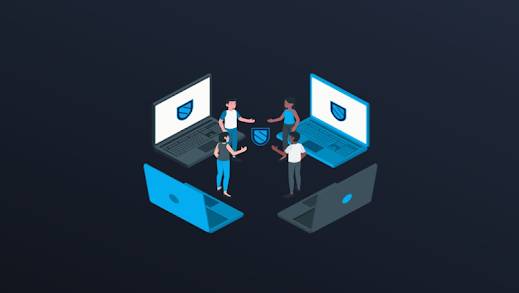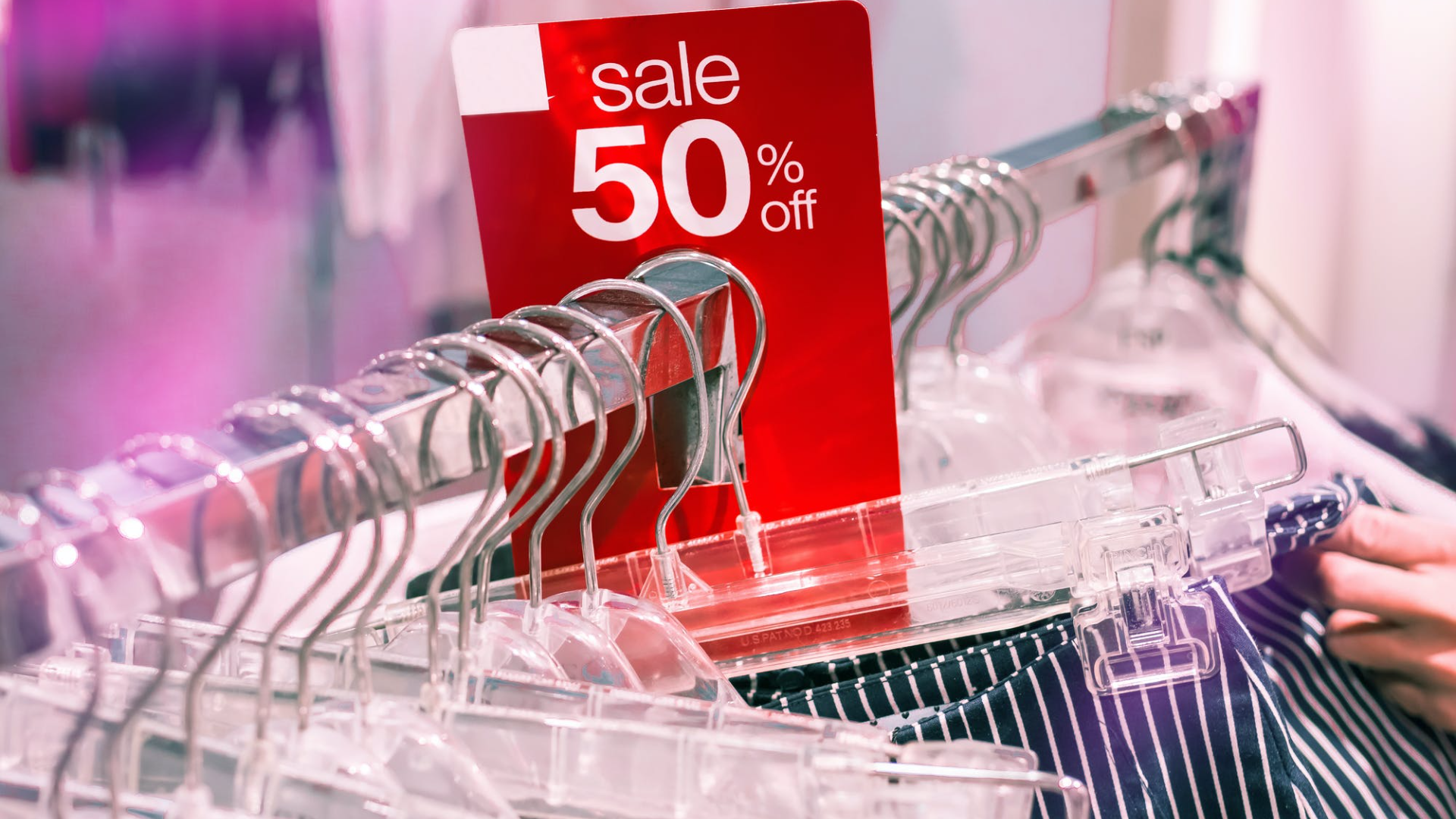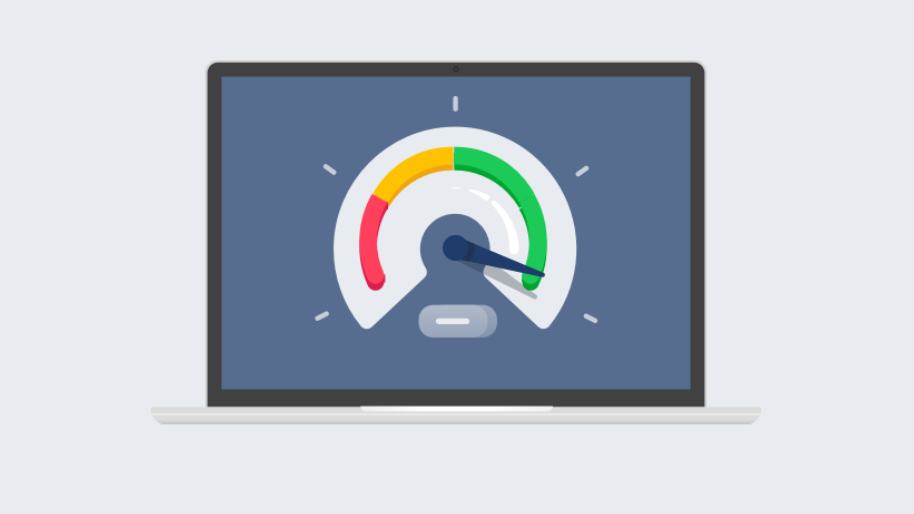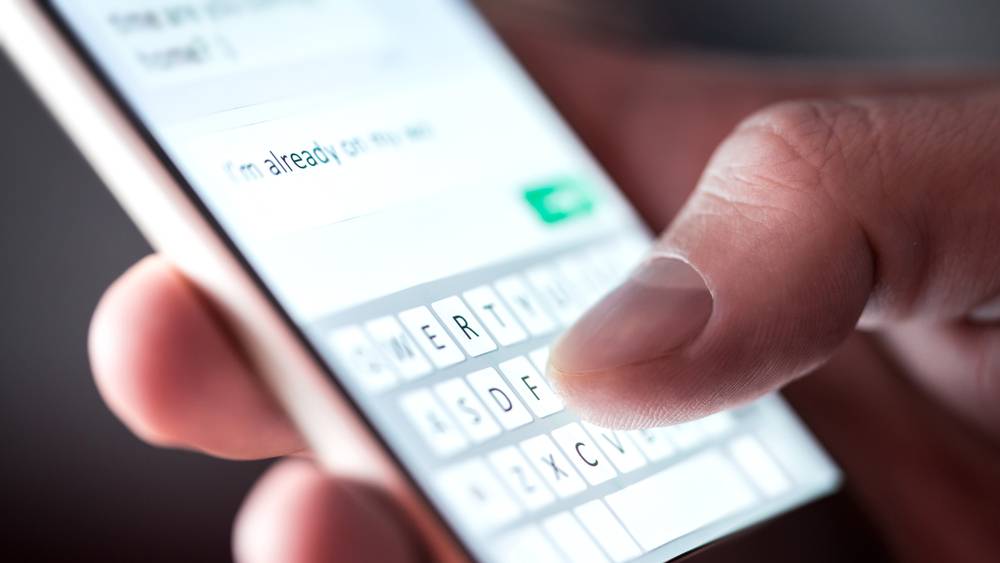5 reasons why you need a VPN — cheap flights, fast internet and more
The best reasons to start using a VPN today
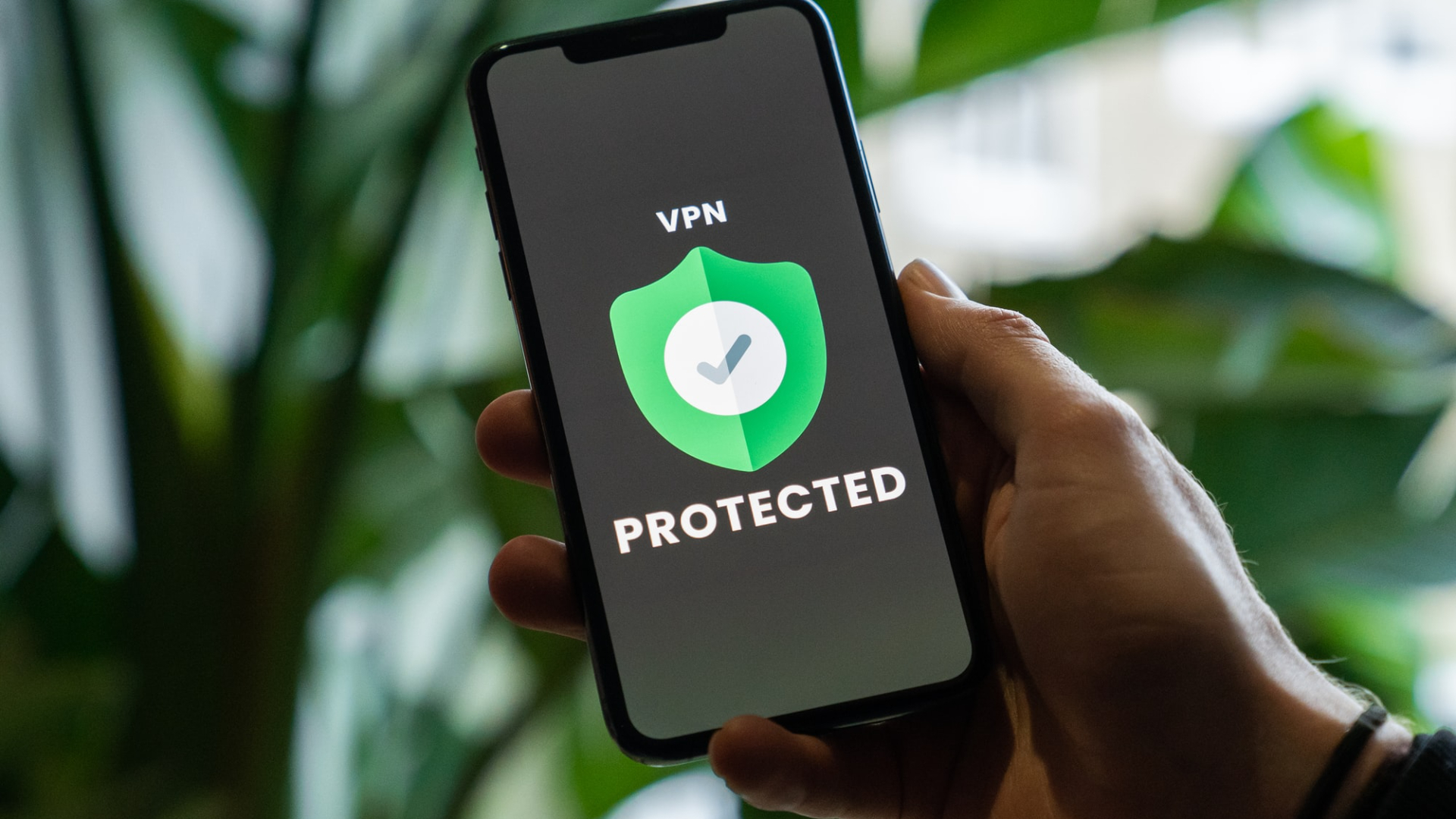
The internet is a hostile place. Given the rise in annoying spam emails hiding malicious malware and hackers exploiting unsuspecting user’s private information, it makes sense that 74% of Americans are more alarmed than ever about their privacy while navigating the web, according to a global survey.
A surefire way of combating this risk is with a virtual private network (VPN). By keeping your online activity encrypted and your identity anonymous, VPN services provide the best protection for the common user and cybersecurity analysts alike.
- Best VPN services in 2022
- Best laptop deals in 2022
This protection has seen VPN numbers rise exponentially. In 2016, the VPN market was valued at around $15 billion, which quickly rose to a $30 billion dollar industry in 2020, as stated by Exidio CEO Dan Edlebeck. Clearly, VPNs are becoming essential. What isn’t so clear are the many ways we’re using it wrong.
According to statistics from The Best VPN in 2020, 50% of VPN users only use a private network to get access to more entertainment content (from streaming to more, erm, x-rated stuff), while 31% say it’s to keep anonymity while browsing. But what about the ways it can help you cut costs and save hard-earned cash?
For those who have opted to start using a VPN service (if you haven't, here's why you should), you can do a lot more than endlessly browse through region-specific shows on Netflix or throw on the internet’s equivalent of the cloak of invisibility to hide from prying eyes. Whether you’re shopping, gaming, or booking a trip abroad, here’s how a VPN can help you out.
1) Shop ’til your connection drops
Prices for a variety of goods aren’t set at a unified price. For instance, buying a leather jacket from fashion retailer Zara in the U.S. or South Korea would be almost double the selling price than those in Spain. This comes down to taxes and import costs, and the same goes for electronic consumer products.
As spotted by Surfshark VPN, Pricerunner.com compared the prices of a MacBook Air, an iPad, and an iPhone in 28 different cities. At the time, buying these three items in Tokyo would cost shoppers $2,225, $2,745 in New York, and $4,160 in São Paulo. Apple enthusiasts in Brazil won’t be too enthusiastic to hear they could pay nearly half the asking price compared to iPhone fans in Japan.
That’s when a VPN comes in. By searching through the same retailer websites via different server locations, bargain hunters could find a whole new array of prices on the same products in their location.
Shoppers don’t have to change their virtual location to another country, either. Some online stores can change their prices depending on how you shop and where you’re based. Those in major cities are more likely to see higher prices of consumer goods, and may even be offered different deals. By connecting to a different server close to your location, prices could go from double digits to a single number in a jiffy (depending on what you’re buying, of course).
If you’re a bargain hunter at heart, A VPN can be a valuable tool to chop down prices. What’s more, it can simply be used to compare prices in other regions before jetting off abroad. Speaking of...
2) Fight for flights
Nearly a decade ago, travel fare aggregator website Orbitz (via The Wall Street Journal) found MacBook users were spending 30% more on hotel booking when traveling compared to Windows laptop users. This seems ludicrous, but thanks to cookies in browsers tracking your location and past activities, airline and travel websites still fluctuate prices on tickets. Unfortunately, not for the better.
Turning on a VPN can immediately adjust your golden vacation ticket to a much more affordable price. You’ll even find this works on travel agency websites with metasearch engines such as Skyscanner or Trivago because a VPN transforms you into an anonymous user with no past record of cookies.
Many VPN services, including ExpressVPN, suggest better ways to search for cheaper flights and better hotel deals. One way includes searching for different flights when connected to server locations in small-market countries, as prices tend to skyrocket for buyers in big cities with major airports close by.
Flight prices always fluctuate, and the more you search for a specific destination when planning your next vacation, the more likely flight prices will jump. Connecting to a VPN gives you a much-needed advantage to evade the gradual price hike. There may not be one true recipe to find a cheap trip abroad, but a VPN is certainly a secret ingredient.
3) Gaming without borders
Gaming in various regions around the globe can be an entirely different beast depending on where you live. If Sony announced the next ground-breaking IP for PS5 or Microsoft released a bundle of games on Xbox Game Pass, some gamers may not be able to access these new multiplayer or single-player titles. What’s more, they could be priced differently — something a VPN user can take advantage of.
It comes down to a country’s rules and regulations on censorship, licensing or age ratings. Without a VPN, many gamers can’t access trending AAA titles, as they may never be released in a country. Take PlayerUnknown's Battlegrounds, which has been banned in China, Afghanistan, and India, or the many games initially banned in Australia, including The Medium and Hotline Miami.
Connecting to a VPN outside of these countries fixes any roadblocks, meaning gamers can get full access to any game available. As a perk, if certain regions offer early access to an upcoming game or if a game is released in another country first, then guess what? Gamers can connect to the appropriate VPN server and start playing before launch. Even better, prices for top games and gaming deals vary per location, so a VPN offers gamers complete access to them all.
For example, PS5-exclusive Returnal costs £70 in the U.K., but $70 in the U.S. With the exchange rate, U.S. gamers are getting a £20 discount compared to U.K. buyers. In a way, using a VPN could even the playing field.
Along with giving gamers access to other regions to test their multiplayer prowess abroad, a VPN for gaming can offer essential protection. For the streamers, it can hide their IP address and private information from prying eyes. In those heated (and salty) multiplayer games, distributed denial-of-service (DDoS) attacks run rampant, and a VPN can help prevent gamers, pro or amateur, from being vulnerable to these attacks.
For the competitive players, you’ll be happy to know that many of the best VPN services today can increase internet speeds when connecting to a nearby server. Low ping rates with no lag is the dream, and if a VPN can encrypt data traffic while delivering seamless online gameplay, it’s a perk worth investing in.
4) Boost your internet speeds
Internet throttling — the scourge brought to you by your Internet Service Provider (ISP). Whether it’s too many users in a single location streaming the latest flavor of the month (also known as network congestion), hitting sneaky data caps, or other higher paying customers getting priority, your ISP can throttle your bandwidth. Limited bandwidth means slow internet speeds, even if you’re paying for higher rates.
Internet providers may frequently promote their most expensive plans to those experiencing sluggish upload or download speeds, giving them a chance to swerve into the fast lane if they just pay a few dollars more every month. As researchers at highspeedinternet.com suggest, sometimes you just need to switch on a VPN.
Not only can a VPN service let you know if your ISP is throttling your internet speeds, but it can also effectively boost them during peak hours of congested traffic. Because a VPN encrypts your data while surfing the web, your ISP doesn’t recognize you and can’t see what you’re doing. If your provider doesn’t know what you’re doing, it has no reason to limit your bandwidth.
Of course, choosing a VPN service is an investment itself. However, if you are planning to upgrade your internet plan, you may want to flick on a VPN first, seeing as it can cost you as little as $4 per month for services such as ProtonVPN. Although, if throttling issues persist, network congestion is the usual suspect, so you may want to give your neighbor a (friendly) holler to quit streaming for a little while.
5) Make long-distance calls easier on the wallet
For relatives and loved ones living abroad, Voice over Internet Protocol (VoIP) services, such as WhatsApp or Viber, are the best means to get in contact with them. Video conferencing apps like Zoom or Teams are a great option, but connections can often be a rollercoaster of frustrating dips.
Wherever there is an internet connection, the VoIP service will work. Unfortunately, that isn’t the case in many countries, including the United Arab Emirates, China, and many more. More often than not, reliable video chat app Skype isn’t even an option. The good news is a VPN can slip by these restrictions, meaning you don’t have to opt for a long-distance phone call that steals all your built-up credit in minutes.
While many countries block VoIP, others don’t. All a VPN user has to do is choose a good server located in a region or country that doesn’t restrict VoIP services, and you can start talking the ear off your family without spending an extra dime. At a time when COVID-19 has disconnected us in more ways than one, a VPN will make it easier to reach out to those dear to us in otherwise impossible-to-contact regions.
Outlook
A VPN service can protect you against a hostile internet, but it can also offer a lot more bang for your buck when shopping online or looking for your next holiday destination. It can even trick your ISP into believing you’re not streaming or legally torrenting too much.
If you fancy giving one a shot, check out which of the best VPN services today are right for you. As an added bonus, you’ll find they offer a 30-day money-back guarantee in case you decide to opt out.
Sign up to receive The Snapshot, a free special dispatch from Laptop Mag, in your inbox.

Darragh Murphy is fascinated by all things bizarre, which usually leads to assorted coverage varying from washing machines designed for AirPods to the mischievous world of cyberattacks. Whether it's connecting Scar from The Lion King to two-factor authentication or turning his love for gadgets into a fabricated rap battle from 8 Mile, he believes there’s always a quirky spin to be made. With a Master’s degree in Magazine Journalism from The University of Sheffield, along with short stints at Kerrang! and Exposed Magazine, Darragh started his career writing about the tech industry at Time Out Dubai and ShortList Dubai, covering everything from the latest iPhone models and Huawei laptops to massive Esports events in the Middle East. Now, he can be found proudly diving into gaming, gadgets, and letting readers know the joys of docking stations for Laptop Mag.
